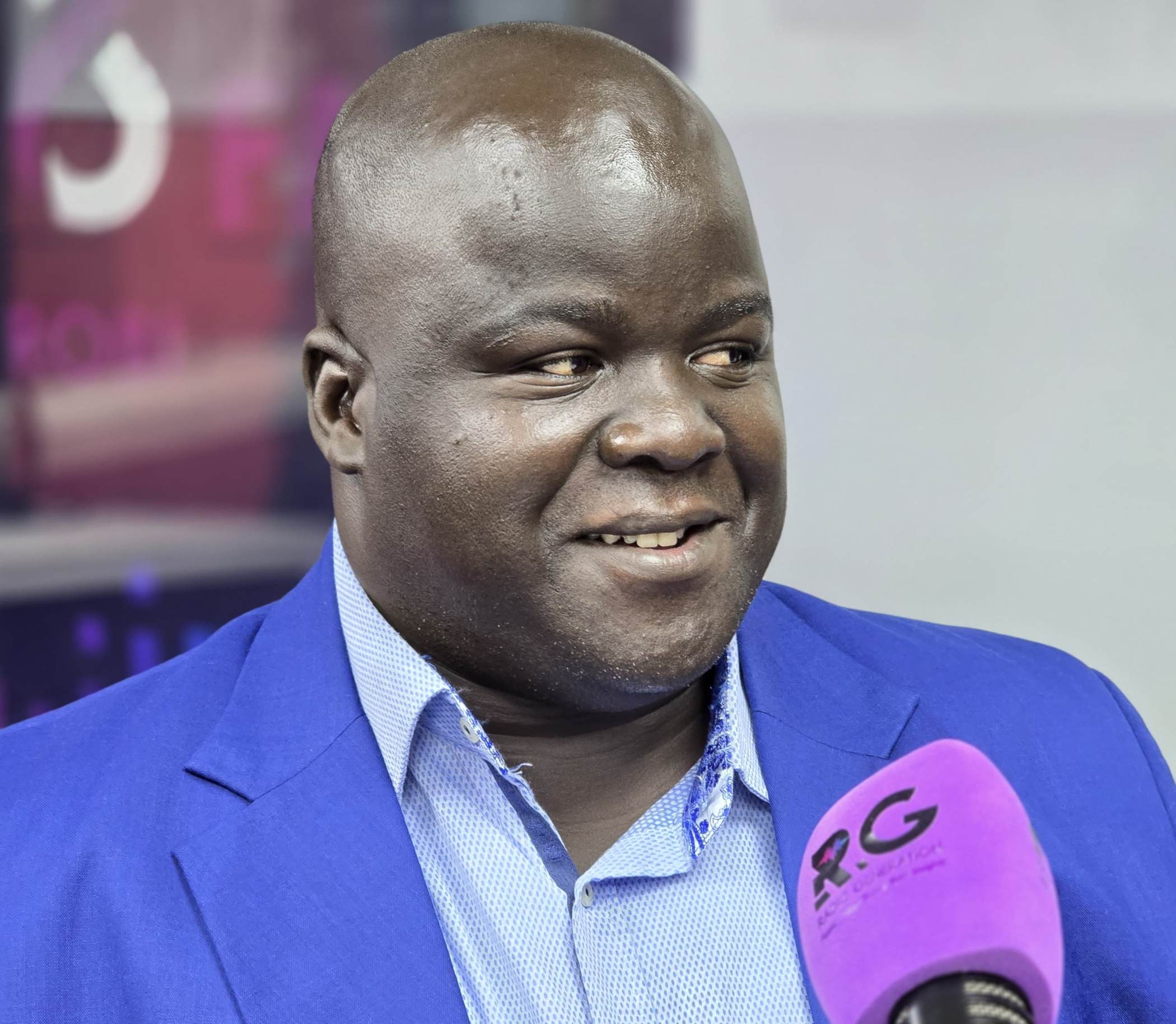ActionAid Kenya raises alarm over state clampdown on free expression

Orao condemned the growing trend of arrests and intimidation, saying even peaceful protests and digital activism are being shut down.
Kenyans are increasingly being denied their right to free expression, with the government treating dissenting voices as threats rather than valid contributions to national discourse, ActionAid Kenya’s Interim Executive Director Samson Orao has warned.
Speaking in an interview with Radio Generation, Orao said authorities were targeting citizens, especially young people, for simply expressing opinions on governance, taxation, and corruption.
He said the government’s approach to criticism has become hostile, and that citizens who raise legitimate concerns are often criminalised or met with force.
“Freedom of speech is there, so in law it is provided for. What we are seeing is that government does not want to allow Kenyans to enjoy and exercise their rights as citizens, as taxpayers of this country,” he said on Tuesday.
He noted that speaking up about governance issues such as corruption and misuse of public funds now attracts backlash, with critics portrayed as enemies of the state.
Orao condemned the growing trend of arrests and intimidation, saying even peaceful protests and digital activism are being shut down.
“When you speak and provide alternative opinion, it is seen as dissent,” he said. “When you want to talk about tax, corruption, or abuse of office, the people in power feel you’re getting under their skin. And so people end up in body bags.”
Referring to the arrest of Kenyan activist Boniface Mwangi in Tanzania and other cases across the region, Orao said there is a dangerous regional pattern where governments are working together to silence critical voices.
He described this as “an unholy alliance of autocrats” and warned it was creating a region unsafe for activists.
He questioned why peaceful citizens are being met with hostility when they demand accountability or justice.
“Why would anyone be afraid of Patricia today deciding to just go to the streets and demand for her rights? Demand for justice? Speak out against police brutality? Call out corruption where it is?” he asked.
Orao also raised concern over new legislation that he said mimics outdated and repressive policies. “We want to administer this country in 2025 with legislation that feels like 1992 or 1982. It doesn’t work. It will not work,” he said.
Highlighting the outcry over proposed digital taxes, Orao said it was unfair to tax online content creators when the state had made no investment in the platforms or creative processes.
He said the youth are right to resist being charged for apps like TikTok or for creating digital content that they alone have produced.
“When young people are saying we don’t want this digital tax, it doesn’t make sense for us,” he said. “You cannot come and charge us for TikTok, for content we have created, and there is no single investment you have put.”
He said denying people the right to meet, discuss, and organise around such issues defeats the purpose of democracy and contradicts the values of public participation.
“You’re not allowed to gather together. You’re not allowed to speak about what essentially is your duty. Then what are we saying? What are we saying about our laws? What are we saying about the role of Kenyans in public discourse?”
Orao called for open engagement and urged the government to embrace dialogue instead of silencing the public. He warned that continued suppression of expression and participation could lead to deeper social unrest.
